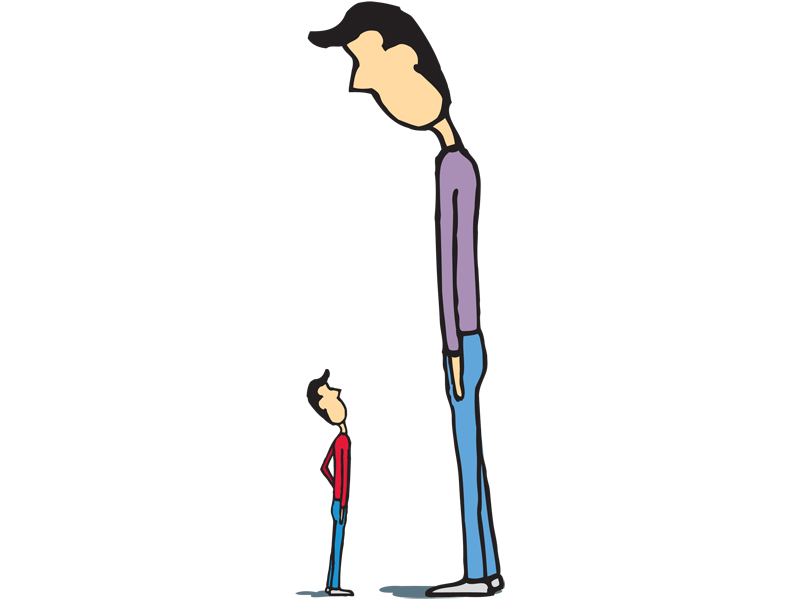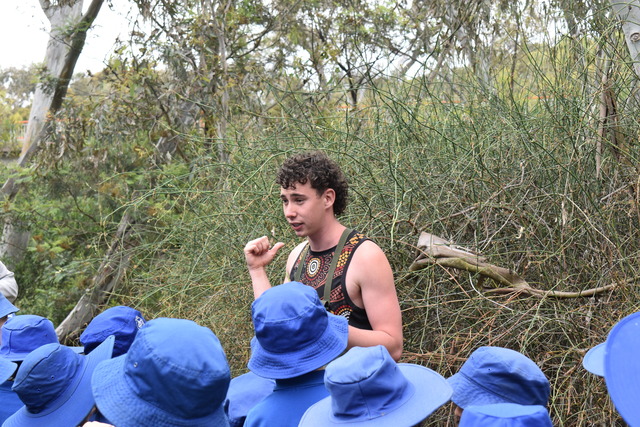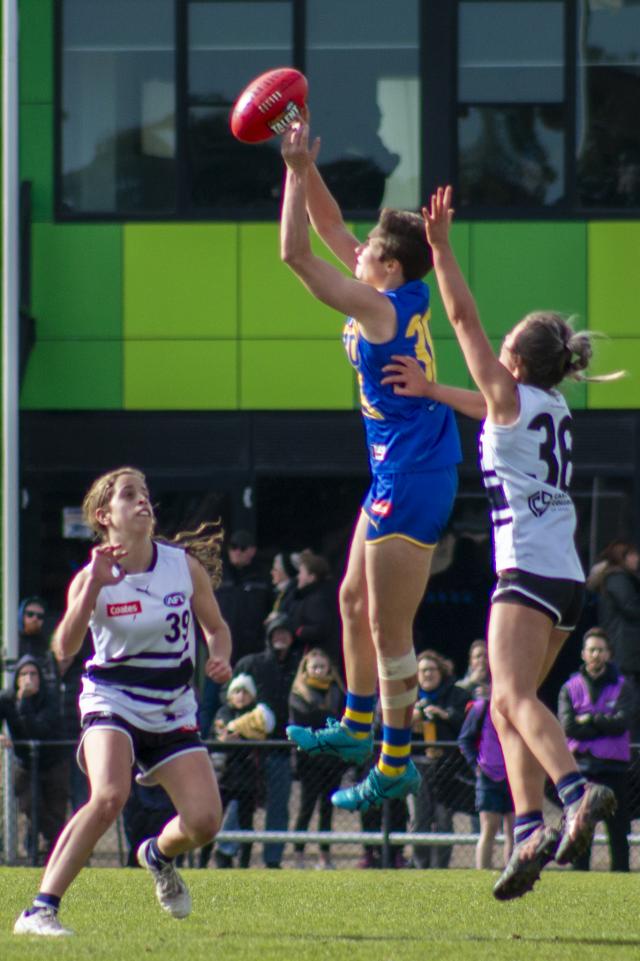He was clearly a much-loved man. Two columns of tributes to a wonderful, brother, father, uncle and friend attested as much. Poor “Cousin Droop”!
I wonder how the dead man came to be nicknamed after one of the more distant relatives of the Addams Family. That this man has gone to the grave in his mid-60s being called by all and sundry by an epithet he probably earned as a kid also says something about the staying power of a well-chosen nickname.
Australians have a long and proud tradition of bestowing nicknames both individually and on whole states and nations: eg, Sandgropers, Banana Benders and Crow-Eaters, Poms and Kiwis.
As one fact sheet on Australian customs for international students helpfully explains: “A nickname is not a person’s real name but a name given by friends (usually) because of some physical characteristic or behaviour pattern, or it may be a simple contraction.
“For example someone very tall might be given the nickname Shorty, or a person with red hair called Blue.
“Being called a nickname is not uncomplimentary; in fact, it is often a sign of acceptance and affection.”
Really? Disappearing down the rabbit hole to my childhood, many of the nicknames I remember were not nice, if not downright cruel.
I recall a boy called Handbag, which was a play on his surname Case, but also because he used to hang around being kept largely at arms’ length by his peers. Then there was a girl dubbed The Aardvark who used to sit in class repetitively tugging out her own hair.
These names I fear were not helpful to either individual’s emotional well-being and personal development.
Even endearments that seemed cute in childhood can be a terrible burden in adulthood. Tubby Bubby could well have issues. But then given names, too, carry immense psychological and social significance. Various onomastics studies have shown the length, sound and pronunciation of a name can influence whether you get hired for a job and even how much you earn.
For example, you are more likely to wind up as CEO of the company if you go by the name Rob or Bob than Robert, while a woman’s aspiration toward the top job is more likely to be successful if she uses the full name Deborah rather than Debbie.
Even initials come into play, with one Yale University study showing people whose names begin A and B average better marks than those beginning with C and D, while Zena and Zane Zimmerman are more likely to be quite impatient having spent a lifetime languishing at the end of alphabetic rolls.
But now that baby names have become a matter of choice rather than following accepted tradition the name game is changing. It is no longer possible to make assumptions about ethnicity, age or even gender based solely on a name on a page. With names becoming more and more individualised, nicknames seem less prevalent.
For the Handbags, Aardvarks and, even I suspect, the Cousin Droops of the world, this is probably no bad thing.







